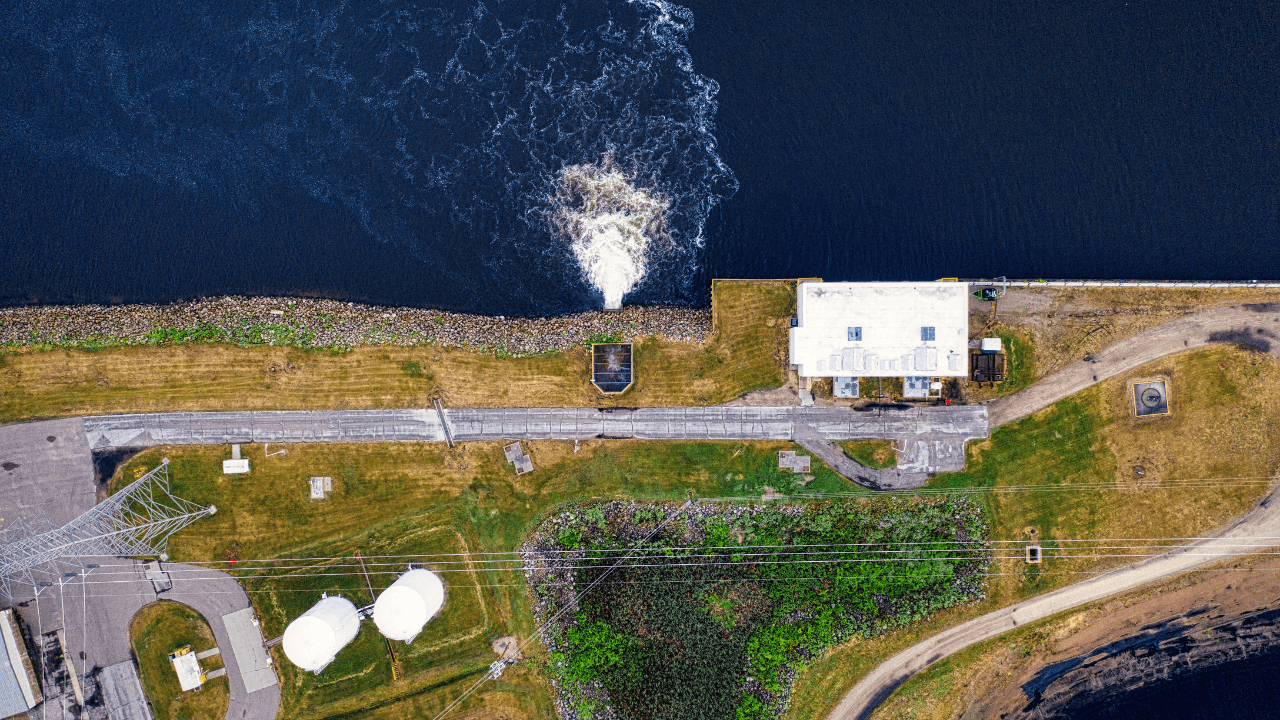Exploring the Broad Impact of Polluted Stormwater on U.S. Waters
Stormwater pollution in the United States is a critical environmental challenge with far-reaching impacts. This blog unravels how contaminated runoff from urban and rural areas significantly affects aquatic ecosystems, public health, and the economy. We delve into the ways pollutants like heavy metals and chemicals degrade water quality and disrupt the delicate balance of our natural habitats.
Beyond environmental harm, stormwater pollution poses real risks to human health and incurs substantial economic costs. From waterborne illnesses to the financial strain on water treatment facilities, the consequences are widespread. Understanding these impacts is key to fostering effective stormwater management.
Join us as we explore the importance of mitigating stormwater pollution and the steps necessary to protect our water resources. This issue demands attention and action, not just for the health of our ecosystems, but for the well-being of our communities and future generations.
Water Quality Degradation
Stormwater runoff can carry pollutants such as sediment, nutrients (e.g., nitrogen and phosphorus), heavy metals, oils, chemicals, and bacteria from various sources, including urban areas, industrial sites, agricultural lands, and construction sites. When these pollutants enter water bodies, they can degrade water quality, impairing aquatic ecosystems and making water unfishable, unswimmable, and unfit for human use.
Ecological Impacts
Polluted stormwater can have detrimental effects on aquatic life. Excess nutrients from sedimentation, fertilizers and other sources can lead to eutrophication, causing algal blooms, oxygen depletion, and the death of fish and other aquatic organisms. Sediment-laden stormwater can smother aquatic habitats, reducing light penetration and impacting plant and animal communities. Toxic chemicals and heavy metals can accumulate in organisms, leading to bioaccumulation and potential disruptions in the food chain.
Habitat Destruction
High-intensity storm events, coupled with urbanization and poorly managed stormwater, can result in increased runoff volumes and velocities. This can lead to erosion of stream banks, loss of riparian vegetation, and destruction of important habitats for fish and other wildlife. It also contributes to the sedimentation of water bodies, which can fill in and degrade critical aquatic habitats.
Public Health Risks
Polluted stormwater can pose risks to human health. Pathogens, such as bacteria and viruses, can be carried by stormwater runoff, contaminating recreational waters and drinking water sources. This can lead to waterborne illnesses, particularly when people come into contact with or consume contaminated water. Polluted stormwater can also impact coastal areas and shellfish beds, increasing the risk of shellfish-related illnesses.
Economic Costs
The impacts of polluted stormwater can result in substantial economic costs. Water treatment facilities may incur higher expenses for removing pollutants from drinking water sources. Impaired water bodies may limit recreational activities, reducing tourism revenue. The degradation of ecosystems can affect fisheries and other industries reliant on healthy aquatic ecosystems.
To mitigate these impacts, stormwater management programs and best management practices (BMPs) are implemented to reduce pollution, manage runoff, and protect water quality. These efforts aim to prevent and control stormwater pollution through measures such as retention ponds, green infrastructure, erosion and sediment control, public education, and monitoring and enforcement of regulations.
It is important for communities and individuals to understand the significance of polluted stormwater and to implement measures that help prevent and reduce its impacts to protect both the environment and human health.
Take Action Against Stormwater Pollution
The detrimental effects of stormwater pollution on our environment and public health are clear. It’s essential for communities to actively engage in strategies that mitigate these impacts. By understanding the importance of effective stormwater management, we can take significant steps towards preserving our ecosystems and ensuring public safety.
We encourage you to learn more and get involved in stormwater management solutions. Visit our contact page for expert software solutions and support in implementing effective strategies to combat stormwater pollution. Together, we can make a difference in protecting our environment and health.

